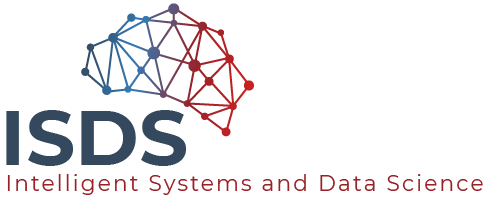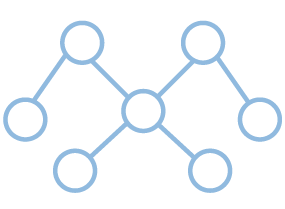![]()
KMi secured a new research project “Tracking Stars and Unicorns” funded by the UKRI Metascience unit, with an award of £310,646, to look at successful and unsuccessful proposals within all UKRI councils to track research trends, assess UK competitiveness against global competitors, and understand appropriate funding mechanisms to better support the development of Early Career Researchers.
This project is central to the UKRI’s Metascience programme, and will have unprecedented access to both funded and unfunded UKRI applications. The project’s key objective is to formulate policies regarding the funding landscape required to encourage the development of tangible, financially viable research ideas.
The project started in September 2025 and will run for 12 months, in partnership with the University of Edinburgh (leading institution), University of Bristol, University of Cambridge and University of Oxford.
This project will leverage AI to analyse “stars” (successful research careers of individuals, measured by metrics like papers and citations for Early Career Researchers) and “unicorns” (central ideas or concepts in research proposals and papers associated with new societal and economic innovations). Specifically, the project involves tracking the career paths of researchers based on different funding types, analysing how research ideas evolve over time, and assessing the global standing of UK research concepts, including ideas that gain traction internationally after being unfunded domestically.
From SKM, Dr. Angelo Salatino will focus on processing text from the research proposal, extracting relevant research entities (e.g., topics, methodologies, approaches, artefacts, tasks and others) to understand their development over time.
Dr Angelo Salatino commented: “This is a fantastic and unique initiative from the UKRI Metascience Unit, making the UK a leader in this area. It is incredibly exciting to have a funded project focusing on themes that are very close to my heart, and I am looking forward to diving into this research for the next 12 months.”
This research project underscores SKM’s leading role in AI-driven metascience, reinforcing its role in shaping the future of scholarly communication and research funding.
The UKRI Metascience Unit was launched in late 2023. It is a joint effort between the UK’s Department for Science, Innovation and Technology (DSIT) and UK Research and Innovation (UKRI). Its mission is to apply scientific principles to the funding and execution of science itself, ultimately boosting efficiency, research quality, and policy results. More information about the Metascience unit and their experiments is available on A year in metascience (2025). Building on OU’s strengths in Metascience and Artificial Intelligence, the proposal was successfully funded.
Summary
(from the proposal)
Scientific progress and innovation depend on a complex interplay between researchers, funding, teams, time, and ideas. Funding agencies, including UKRI, must balance investing in people—the cornerstone of a sustainable research workforce—with investing in ideas that could lead to future innovations. Previous research has identified markers for high-performing individuals (Lee, 2024, Scientometrics), but predicting market success early in the innovation pipeline remains far more difficult, increasing the risk of heavily funding ideas that may never materialise (Thelwall et al., 2023, QSS). Overemphasis on early investment in ideas risks underinvesting in the workforce necessary to develop future innovations. This project frames the paradox as a choice between supporting “stars” (research careers) versus “unicorns” (high-risk, novel ideas). What is needed is a funding mechanism that supports both people and the environments in which transformative ideas can thrive.
This project leverages Natural Language Processing (NLP) and Knowledge Graphs to extract concepts from titles and abstracts, linking them with bibliometric data to monitor research success among individuals who were either successful or unsuccessful in securing UKRI funding. It will result in the development of the TRACK–database (Trajectories of Research Applications and Career Knowledge), the world’s first longitudinal funding database linking pseudonymised individuals to their applications, research concepts, and outputs over time. This represents a step change in research policy evaluation, introducing a scalable, AI-powered framework capable of enabling large-scale, longitudinal analysis. The TRACK-database will allow investigation of how research careers and ideas evolve, and how outcomes are causally linked to different types of early-career funding (<5 years from first publication).
Further analyses will explore whether particular disciplines benefit more from certain funding models and assess the UK’s position within the global research landscape by comparing trends internationally. These insights will deepen understanding of the long-term impact of funding strategies on both individuals and innovation ecosystems.
Engagement with UKRI, as a primary beneficiary, will ensure that the insights generated are applied to inform policy and practice. Findings from the TRACK-database will support the development of a funding environment that both sustains a high-quality research workforce and fosters the generation of novel ideas. By providing an evidence-based foundation for future funding strategies, the project will help create a more resilient, productive, and internationally competitive UK research ecosystem.



 Scholarly Knowledge Mining
Scholarly Knowledge Mining
 Digital Humanities
Digital Humanities
 Data Science
Data Science
 Smart Cities and Robotics
Smart Cities and Robotics